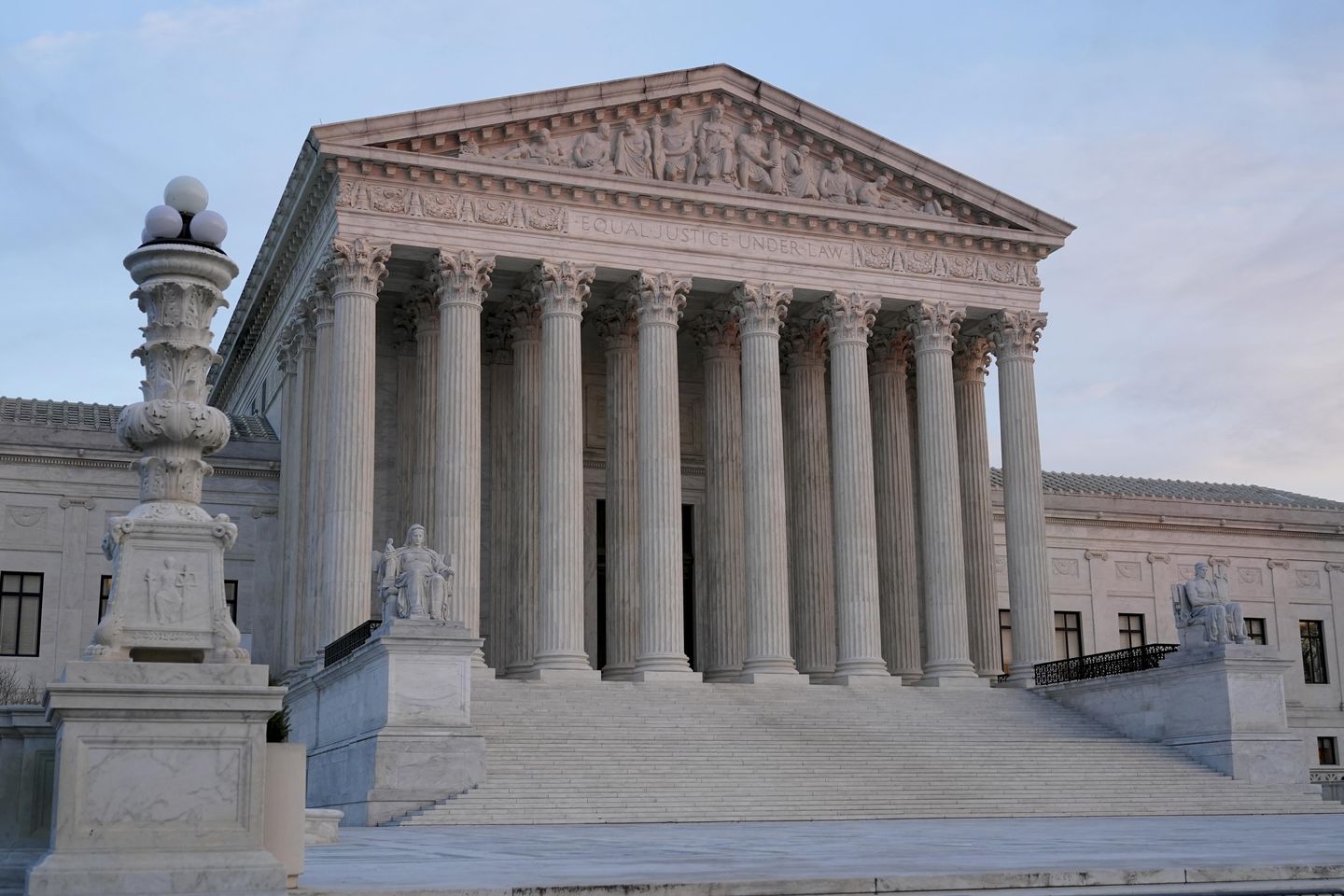Print By Alex Swoyer and Stephen Dinan - The Washington Times - Tuesday, February 21, 2023 The Supreme Court expressed caution Tuesday on a challenge to big social media companies, worrying that stripping them of legal protection for how they promote content on their website could upend the entire internet economy. “Lawsuits will be nonstop,” predicted Justice Brett M. Kavanaugh.
The case before the justices came from the family of a woman who was killed in an Islamic State terrorist attack in Paris in 2015. The family, citing U. S.
anti-terrorism law, said Google, which owns YouTube, could be held liable for promoting ISIS content because its algorithms suggest the terrorist group’s videos to people looking for them. Several justices said those algorithms are at the heart of the internet, and opening companies to liability could destroy search engines, dating sites and restaurant reviews. Justice Amy Coney Barrett wondered whether the act of retweeting or liking someone’s content would be liable.
Lisa Blatt, Google’s lawyer, said the law’s theory is that if the harm flows from a posted video or story, it’s the creator of the content, not the internet company, who’s speaking. She added that the company contributes the algorithm that decides which content to suggest to each user — which is not speech. “There are billions of hours of video a day watched on YouTube,” she said.
“They have to organize it somehow. ” Tuesday’s case and another one to be heard Wednesday challenge the way tech companies claim protection under Section 230 of the Communications Decency Act, a 1996 law that said the companies shouldn’t be considered publishers for content that third parties provide. Relatives of Nohemi Gonzalez, an American killed in Paris, say ISIS posted content on YouTube, owned by Google, which wasn’t diligent enough in removing it, and in some instances would “recommend” ISIS videos to users.
Wednesday’s case was brought by U. S. relatives of Nawras Alassaf, a Jordanian who was killed in an ISIS-inspired mass shooting in Istanbul.
They said Twitter, Facebook and Google aided and abetted ISIS by hosting its content and, in some cases, deriving ad revenue from it. Eric Schnapper, a lawyer for the Gonzalez family, said the companies had been told by the government and the media about the promotion of the violent content “dozens of times. ” “They did almost nothing about it,” he said.
The Biden administration presented arguments that service providers can be sued for organizational purposes and decisions, but can still enjoy legal protection under Section 230 for content that’s created by a third party. The feds suggested the issue for YouTube and Google is with recommending certain videos. “It’s still the platform’s own choice,” said Malcolm Stewart, deputy solicitor general.
The technical questions Tuesday sometimes flummoxed the justices, all of whom are at least 50 years old, and grew up in a pre-internet world. It’s a point Justice Elena Kagan made. “We’re a court.
We really don’t know about these things. These are not like the nine greatest experts on the internet,” she said. She said given the potential stakes, with tech companies warning an adverse ruling could crash the digital economy, judges should be cautious about inserting themselves into the complicated argument.
“Isn’t that something for Congress to do, not the court?” she said. Mr. Schnapper said he’s arguing only against the companies’ recommendations.
The cases against Google and Twitter come to the justices at a time when the tech giants are under intense scrutiny for their handling of divisive political debates, including the COVID-19 pandemic and the 2020 election. Democrats and Republicans on Capitol Hill have called for updating Section 230, but there’s little agreement on how to do it. States are moving ahead, however.
Texas and Florida have enacted laws that would let individuals or the state’s attorney general sue large social media platforms for squelching a viewpoint. Litigants have already petitioned the justices to take up those cases. The high court has asked the federal government to weigh in on those cases as it considers what to do with the lawsuits against Google and Twitter.
Court watchers have suggested that these cases could get swept up in the question over Section 230 liability that the justices will decide this term, likely issuing rulings by the end of June. • Stephen Dinan can be reached at sdinan@washingtontimes. com .
• Alex Swoyer can be reached at aswoyer@washingtontimes. com . Copyright © 2023 The Washington Times, LLC.
Click here for reprint permission . Please read our comment policy before commenting. Click to Read More and View Comments Click to Hide.

